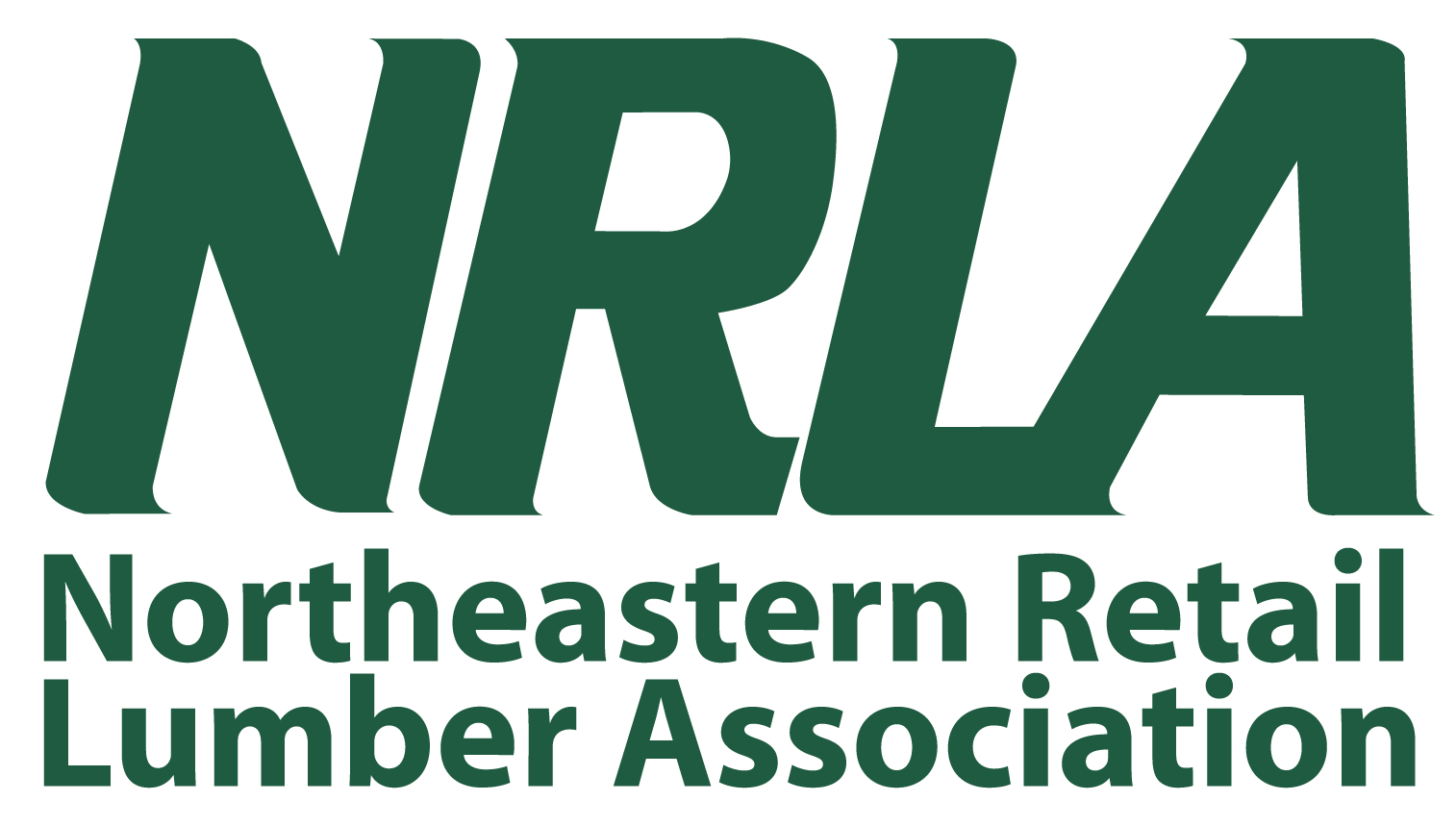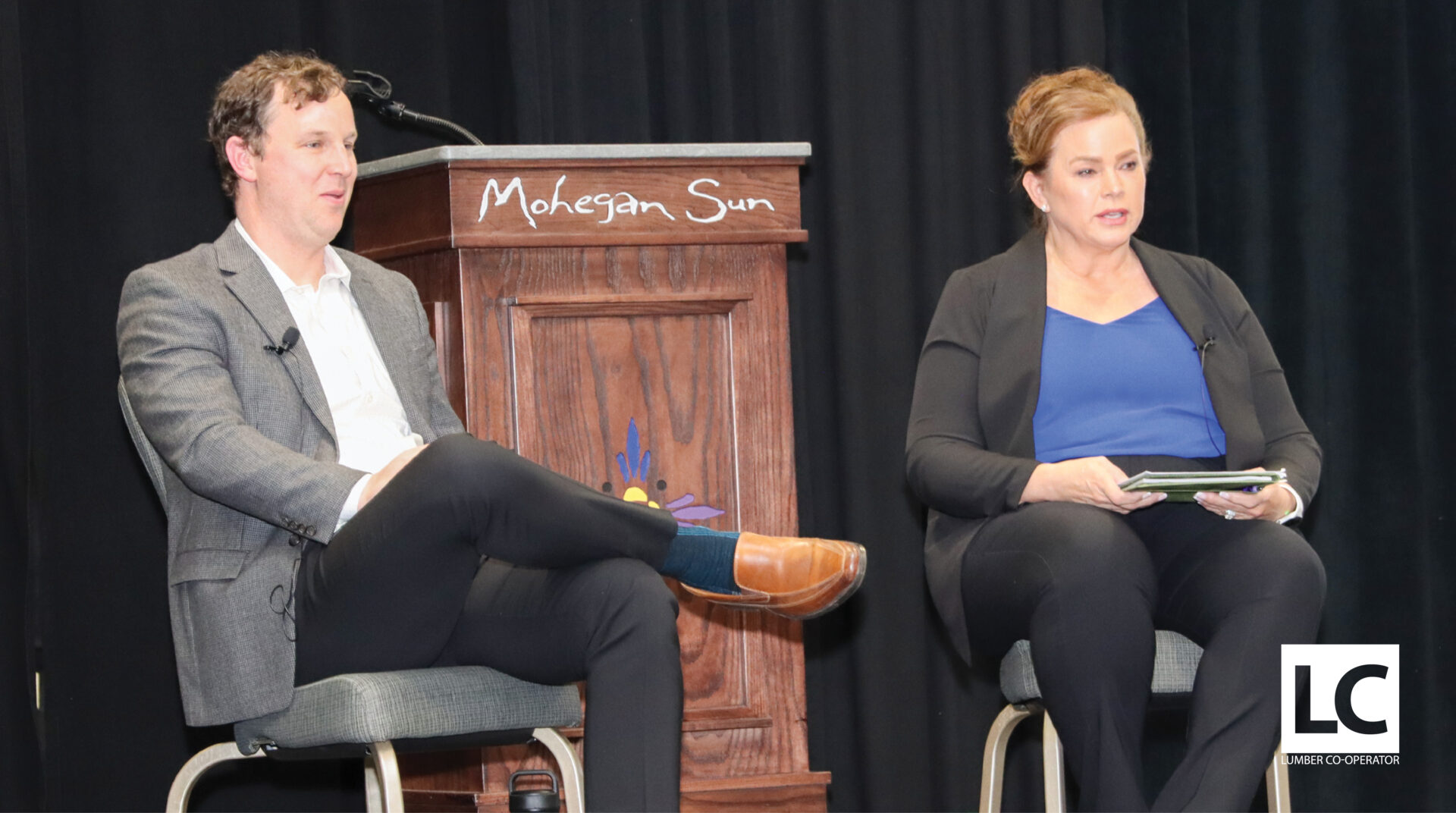Most LBM leaders we speak with agree: we need more young people seeking careers in the LBM industry. In recent years, there have been all kinds of initiatives out there attempting to attract young people to our industry. However, once we have them, how are we going to keep them?
With all the education and training programs our industry makes available to young people, it seems that many businesses do not have a defined path for career growth that offers a clear progression from entry-level jobs to more senior-level or leadership positions. While Gen Z employees demand work-life balance, recent surveys show stability as their top priority in a job, followed by opportunities for developing and advancing their skills.
The trades, for example, have made some progress in attracting young people to a skilled career. One of the reasons is that they offer clear and structured apprenticeship programs for electricians, plumbers, and carpenters to gain the knowledge and the necessary skills for advancement. These young employees know what to expect and when to expect it. After many years of effort, more young people now view the trades as a viable option over 4-year colleges to obtain a rewarding and financially lucrative career. We believe LBM dealers need to follow this example.
Obscuring the career path for young people is when some companies cling to traditional notions of seniority. This can stifle growth, both for organizations and for individuals. Instead, companies should have a well-documented, transparent road map detailing the skills and accomplishments needed to advance from one role to another as part of the various job descriptions within the company.
So how long is long enough for a potential rising star to do one job? It appears that there is a large gap between when a young employee thinks they are ready for advancement and when their boss agrees. In many cases, young employees get frustrated in their current position before they are recognized for advancement. The danger here is we lose promising young talent before we realize their full potential in our organization.
Promoting young people into higher roles requires a proactive approach that includes identifying individuals with the right skills and potential, rather than solely relying on traditional qualifications or experience. Then, provide them with targeted development, focusing on areas like emotional intelligence, decision-making, and strategic thinking, while fostering a supportive environment. We like to say, “If someone has a great work ethic and character, you have a solid foundation to work with!” We find that a big factor in the success for both the employee and the organization is when there is a culture of mentorship, open communication, and recognition, which can significantly impact young employees’ engagement and career progression.
By creating a transparent structure for advancement and promotion of high-performing young employees early in their careers, your company will have made a strategic investment in agility, creativity, and sustained competitiveness. Young people can bring fresh perspectives and unbridled enthusiasm. They are not yet jaded by bureaucracy and often approach challenges with curiosity and a willingness to take risks. When organizations identify promising talent early and nurture it through accelerated responsibility, the business benefits from:
• Fresh thinking: Younger employees often propose unconventional solutions.
• Adaptability: They embrace change and new technologies with ease.
• Hunger to grow: Early-career individuals are often eager to prove themselves and are highly coachable.
Be aware of potential biases in your company that may hinder the advancement of young professionals, and actively work to mitigate them. Critics often argue that early promotions risk putting people in positions they are not ready for. But readiness isn’t determined by age; it’s demonstrated through performance. These are a few thoughts for the naysayers:
| Typical Concerns | Rebuttal |
| Young people have a lack of experience. | Provide mentorship and support systems. |
| There will be resentment from senior employees. | Foster a meritocratic culture focused on growth, not hierarchy. |
| There is a risk of burning them out. | Pair promotion with sustainable work practices and learning resources. |
Waiting too long to elevate young performers can lead to frustration, attrition, or disengagement. If someone’s contributions outpace their current role, promoting them affirms that merit matters. It signals that value is recognized, not just tenure.
- Fast-tracked employees feel seen and rewarded, which can give your company a retention boost.
- Promoting early cultivates future leaders equipped with broad experience and long-term loyalty and becomes a leadership pipeline.
- Empowered talent has a multiplier effect, both in output and team morale, which leads to increased productivity.
Elevating young employees goes beyond a pay bump or a title change. It’s about giving them a platform where their voices influence decisions and their ideas are taken seriously. You want to encourage open and transparent communication between young employees and senior leaders, fostering trust and collaboration. And, provide regular feedback and recognition for achievements, motivating young employees and reinforcing positive behaviors. This accelerates not only personal development but also the company’s evolution.
Being able to grow and promote young promising employees early isn’t reckless; it’s leadership and visionary. It’s a way of saying: we believe in ability over age, momentum over tradition, and growth over caution. Companies that prioritize early advancement build reputations for innovation and agility and become magnets for ambitious young talent, which is critical to future success! Besides, with proper guidelines and good mentorship in place, how bad can they mess up?
Jack Leary of Impact 180 Consulting Group and Lumber Contacts Inc. has 40+ years of industry experience in key leadership roles working in retail, manufacturing, and professional services. Jack can be reached at 216-408-9306 or leary.jack@impact180group.com.







